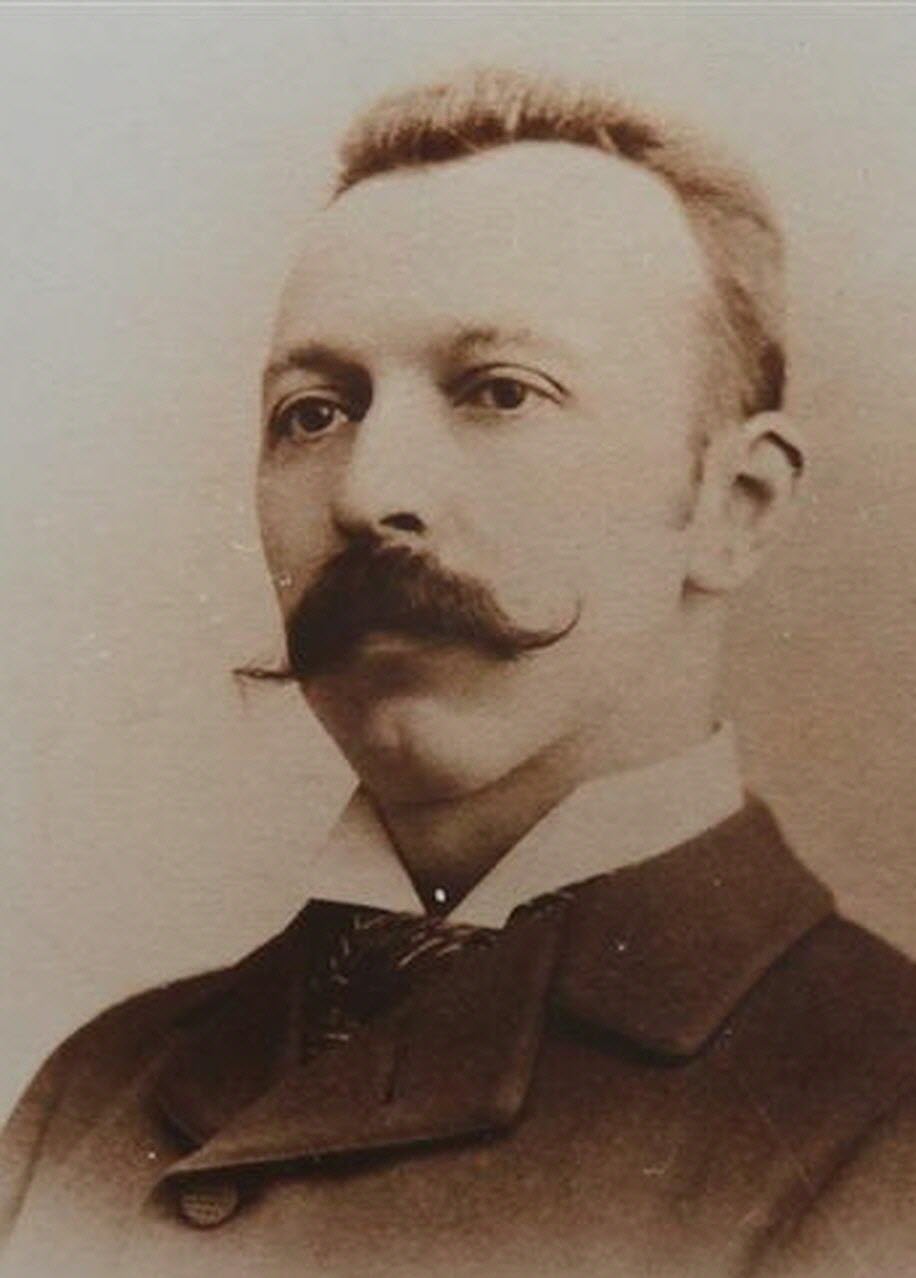In the tapestry of 19th-century French music, few threads shine as brightly yet remain as underappreciated as that of Léon Boëllmann. Born on September 25, 1862, in the picturesque Alsatian town of Ensisheim, Boëllmann’s life was a testament to the power of musical passion and the tragedy of unfulfilled potential. From his humble beginnings to his untimely demise at the age of 35, Boëllmann’s journey through the world of composition left an indelible mark on the landscape of French Romantic music.
Boëllmann’s musical odyssey began in earnest when, at the tender age of nine, he was sent to Paris to study at the École de Musique Classique et Religieuse, founded by Louis Niedermeyer. It was here, under the tutelage of Eugène Gigout, that young Léon’s prodigious talent began to flourish. The school, with its focus on Renaissance polyphony and Gregorian chant, laid the foundation for Boëllmann’s future compositions, infusing them with a sense of timeless spirituality.
As he matured, Boëllmann’s skill at the organ console became legendary. His fingers danced across the keys with a grace that belied the complexity of his compositions. In 1881, he secured a position as sub-organist at the Church of St. Vincent de Paul in Paris, working alongside his mentor Gigout. This appointment marked the beginning of a fruitful period in Boëllmann’s life, both personally and professionally. He married Gigout’s niece in 1885, further cementing his connection to the Parisian musical elite.
Boëllmann’s compositions span a wide range of genres, from chamber music to symphonic works. However, it is his organ music that stands as his most enduring legacy. The “Suite Gothique,” completed in 1895, is perhaps his most famous work, with its haunting “Toccata” finale becoming a staple of the organ repertoire. This piece exemplifies Boëllmann’s style: a perfect blend of Romantic expressiveness and classical form, infused with a distinctly French sensibility.
Despite his relatively short career, Boëllmann was prolific, producing over 160 works in various genres. His chamber music, including the Piano Quartet in F minor and the Symphony in F major, showcases his versatility as a composer. These works are characterized by their melodic inventiveness, harmonic sophistication, and structural clarity – hallmarks of the French Romantic style.
Boëllmann’s contributions to sacred music were equally significant. His motets and masses, composed for use in the church, reflect his deep understanding of liturgical traditions and his ability to infuse them with contemporary musical language. These works, often overlooked in favor of his more famous organ compositions, deserve recognition for their beauty and spiritual depth.
As an organist, Boëllmann was renowned for his improvisational skills. His performances at St. Vincent de Paul drew admirers from across Paris, who marveled at his ability to create complex musical structures on the spot. This talent for improvisation undoubtedly influenced his compositional style, lending his written works a sense of spontaneity and freshness.
Tragically, Léon Boëllmann’s promising career was cut short by his untimely death on October 11, 1897. At just 35 years old, he succumbed to tuberculosis, leaving behind a grieving family and an unfinished musical legacy. One can only imagine the masterpieces that might have flowed from his pen had he been granted more time.
In the years following his death, Boëllmann’s music fell into relative obscurity, overshadowed by the works of his more famous contemporaries. However, recent decades have seen a resurgence of interest in his compositions, particularly among organists and chamber musicians. This renewed appreciation has led to recordings and performances that continue to introduce new audiences to the beauty of Boëllmann’s music.
Léon Boëllmann’s life and work serve as a poignant reminder of the fragility of artistic legacy. His music, at once deeply rooted in tradition and forward-looking in its expressiveness, continues to captivate listeners more than a century after his passing. As we rediscover the depths of his musical genius, we honor the memory of a composer whose brief but brilliant career enriched the world of French Romantic music immeasurably.


